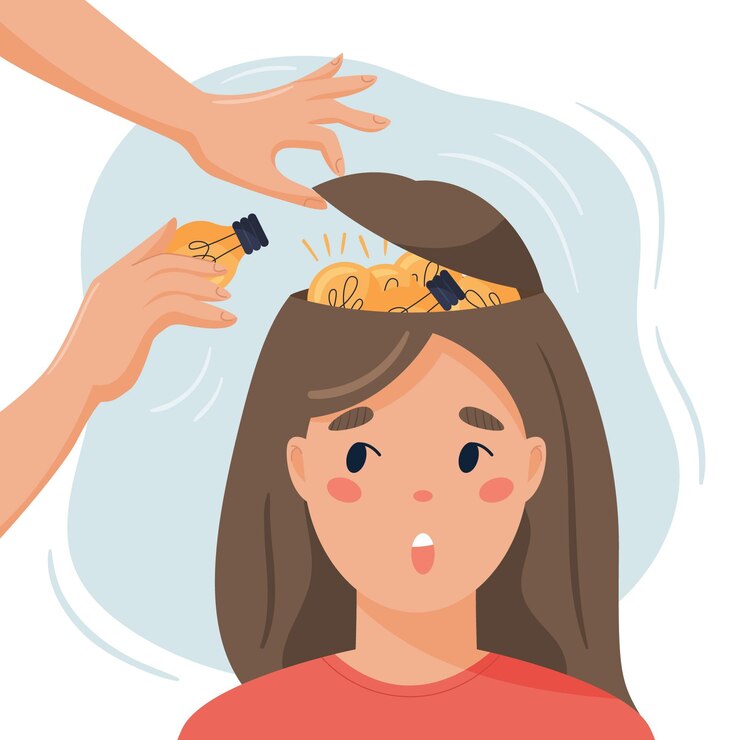
Managing Seborrheic Dermatitis on the Scalp: Effective Treatments and Home Remedies
Dealing with seborrheic dermatitis on your scalp can be bothersome, but with the right approach, you can keep it under control.
In this blog, we’ll explore effective treatments, management strategies, and home remedies to help you manage this common skin condition.
Understanding Seborrheic Dermatitis on the Scalp
Seborrheic dermatitis on the scalp, also known as dandruff, is a common condition characterized by red, itchy, and flaky skin. It often leads to the shedding of white or yellowish flakes of skin that may be noticeable on your hair and shoulders.
Effective Treatments
- Medicated Shampoos: Over-the-counter medicated shampoos containing active ingredients like selenium sulfide, zinc pyrithione, ketoconazole, or coal tar can help control the underlying causes of seborrheic dermatitis and reduce flaking and itching.
- Antifungal Creams: If the condition is severe or resistant to over-the-counter treatments, your doctor may prescribe antifungal creams or lotions to apply directly to the scalp.
- Topical Steroids: In some cases, your doctor may recommend prescription-strength topical steroids to reduce inflammation and itching associated with seborrheic dermatitis flare-ups.
- Salicylic Acid: Shampoos or scalp treatments containing salicylic acid can help remove dead skin cells and reduce scaling and flaking on the scalp.
Management Strategies
- Regular Shampooing: Wash your hair and scalp regularly with a gentle, fragrance-free shampoo to remove excess oil, dirt, and flakes. Avoid using hot water, as it can strip the scalp of its natural oils and worsen symptoms.
- Scalp Massage: Gently massage your scalp while shampooing to help loosen flakes and improve circulation. However, avoid scratching or picking at your scalp, as it can further irritate the skin and lead to infection.
- Avoid Trigger Foods: Some people find that certain foods, such as dairy, sugar, or spicy foods, can trigger seborrheic dermatitis flare-ups. Pay attention to your diet and avoid or limit foods that seem to exacerbate your symptoms.
- Stress Management: Stress can worsen seborrheic dermatitis symptoms, so it’s essential to find healthy ways to manage stress. Practice relaxation techniques like deep breathing, meditation, or yoga, and prioritize self-care activities.
Home Remedies
- Tea Tree Oil: Dilute tea tree oil with a carrier oil like coconut oil and apply it to the scalp to help reduce inflammation and itching associated with seborrheic dermatitis.
- Apple Cider Vinegar Rinse: Rinse your scalp with a mixture of apple cider vinegar and water to help restore the scalp’s natural pH balance and reduce flaking.
- Aloe Vera Gel: Apply pure aloe vera gel to the scalp to soothe inflammation and moisturize the skin. Aloe vera has cooling and healing properties that can provide relief from itching and discomfort.
Conclusion
Managing seborrheic dermatitis on the scalp requires a combination of effective treatments, management strategies, and home remedies. By incorporating these tips into your routine, you can keep your scalp healthy and symptom-free.
To seek medical advice, always consult a Doctor. Here are our recommended EXPERTS. Click here
To read more on SKIN. Click Here

